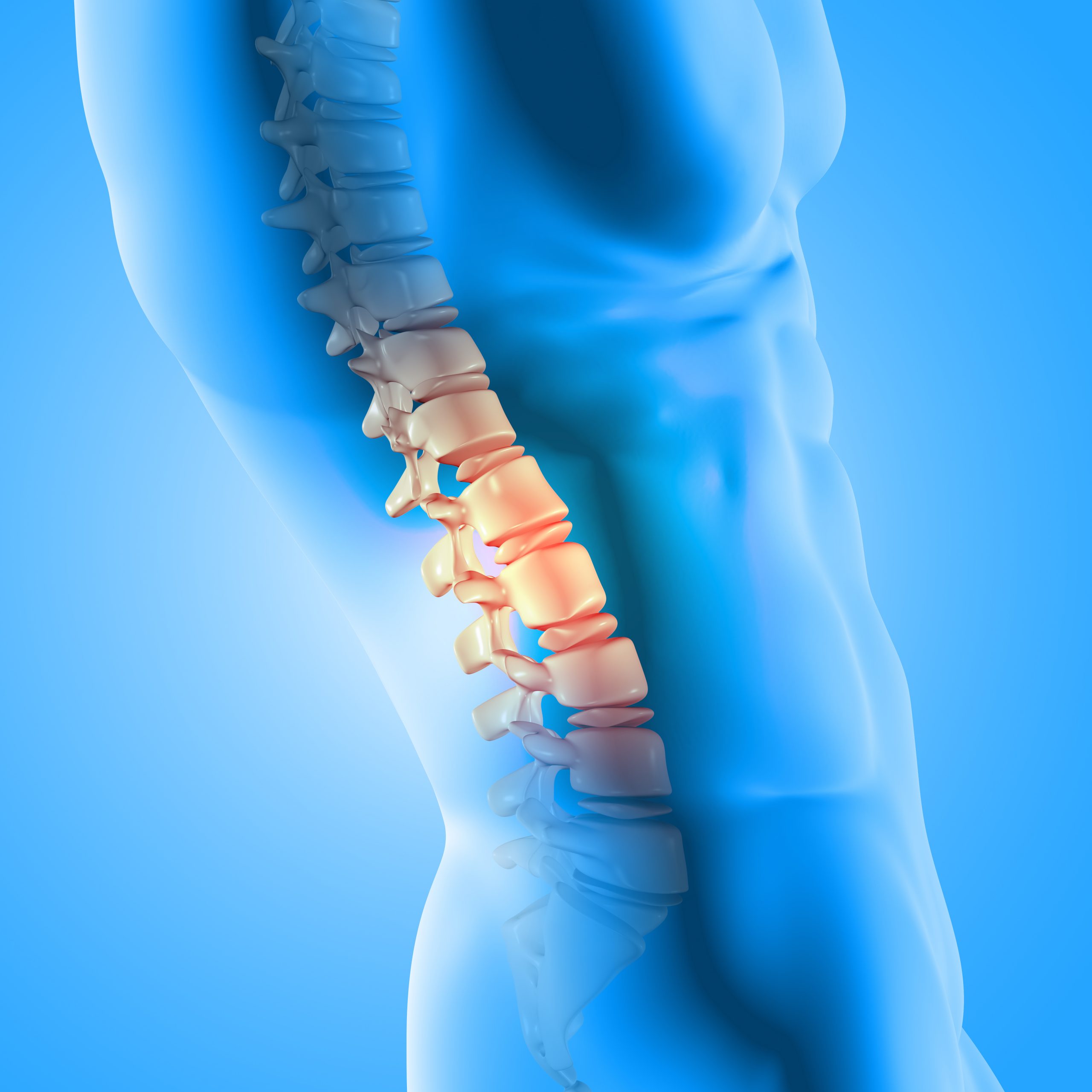

As many as 9 out of 10 persons with spinal cord injuries experience dangerously low blood pressure as an “invisible” side effect of paralysis.
The issue is now being treated with a novel implant that delivers electrical stimulation to a specific subset of spinal neurons.
The lower region of the spine, which has the greatest density of neurons involved in blood pressure regulation, is stimulated by the device, known as a neuroprosthetic baroreflex, the researchers said. Science published an editorial with the findings on April 6.
The brain’s capacity to regulate blood pressure when a person changes to posture, such as going from a sitting to a standing position, is frequently hampered by spinal cord damage.
According to the Cleveland Clinic, this ability, known as the baroreceptor reflex, entails a series of fast responses within the body to maintain blood pressure in a normal range when someone abruptly changes posture.
The abrupt rise in blood pressure causes the brain to detect the stretching of arterial walls. The body can be instructed to make up for the response by the brain through a series of activities that happen within a few heartbeats.
If their baroreceptor reflex fails and their blood pressure drops to extremely low levels as a result of trying to move, a person with a spinal cord injury may become lightheaded, queasy, or prone to fainting.
“Almost all of these patients are being treated for orthostatic hypotension using conservative measures like an abdominal binder, maybe compression stockings on their legs, or they’ve been recommended to have a high salt diet, things like that,” project leader Jordan Squair said in a journal news release. He is a researcher with NeuroRestore at the Swiss Federal Institute of Technology.
“But if you then ask them if they still experience symptoms of it, despite being treated conservatively for it, they almost all still do,” he added.
By extending the use of similar electrical stimulation devices to help certain people regain mobility and feeling, Squair and his colleagues created this treatment.
By dissecting rodent spinal cords, segment by segment, Squair first identified the proper area of the spine to stimulate.
He discovered that these neurons are more abundant in the final three segments of the spine, providing a “hotspot” that might be activated to regulate blood pressure.
One patient who had severe motor and autonomic nervous system disorders and had such low blood pressure that she couldn’t stand for more than a few minutes at a time was used by researchers to test the gadget.
After receiving the implant, the woman was able to walk for several hundred yards right away, and she has since stopped fainting, according to Squair.
The 2023 BioInnovation Institute & Science Prize for Innovation, which honors researchers for breaking new ground at the interface of the life sciences and entrepreneurship, was awarded to Squair for his work on developing this medication.
Dr. Squair’s prize-winning research on epidural electrical stimulation restores blood pressure control in patients suffering from spinal cord injury,” said Yevgeniya Nusinovich, a senior editor at Science. “Using this technology to stabilize blood pressure in the normal range decreases patients’ risk of fainting and other complications, greatly improving their safety and quality of life.”
The U.S. Defense Advanced Research Projects Agency is currently financing initiatives to increase the capabilities of the treatment.
The implant, for instance, might benefit individuals right after a spinal cord injury, when blood pressure might be unstable.
During this risky time, patients are being treated with pharmaceuticals, but Squair warned that these treatments can go beyond their intended therapeutic range or stop working altogether.
“There might be a role for this [implant] to keep people stable when they’re in the ICU or spine unit,” he said.
more recommended stories
 Tuberculosis Breakthrough with Experimental Antibiotics
Tuberculosis Breakthrough with Experimental AntibioticsKey Takeaways Experimental antibiotics disrupt a.
 National Healthy Longevity Trial Receives Federal Support
National Healthy Longevity Trial Receives Federal SupportKey Summary Up to $38 million.
 Red Blood Cells Improve Glucose Tolerance Under Hypoxia
Red Blood Cells Improve Glucose Tolerance Under HypoxiaKey Takeaways for Clinicians Chronic hypoxia.
 Nanoplastics in Brain Tissue and Neurological Risk
Nanoplastics in Brain Tissue and Neurological RiskKey Takeaways for HCPs Nanoplastics are.
 AI Predicts Chronic GVHD Risk After Stem Cell Transplant
AI Predicts Chronic GVHD Risk After Stem Cell TransplantKey Takeaways A new AI-driven tool,.
 Red Meat Consumption Linked to Higher Diabetes Odds
Red Meat Consumption Linked to Higher Diabetes OddsKey Takeaways Higher intake of total,.
 Pediatric Crohn’s Disease Microbial Signature Identified
Pediatric Crohn’s Disease Microbial Signature IdentifiedKey Points at a Glance NYU.
 Nanovaccine Design Boosts Immune Attack on HPV Tumors
Nanovaccine Design Boosts Immune Attack on HPV TumorsKey Highlights Reconfiguring peptide orientation significantly.
 High-Fat Diets Cause Damage to Metabolic Health
High-Fat Diets Cause Damage to Metabolic HealthKey Points Takeaways High-fat and ketogenic.
 Acute Ischemic Stroke: New Evidence for Neuroprotection
Acute Ischemic Stroke: New Evidence for NeuroprotectionKey Highlights A Phase III clinical.

Leave a Comment